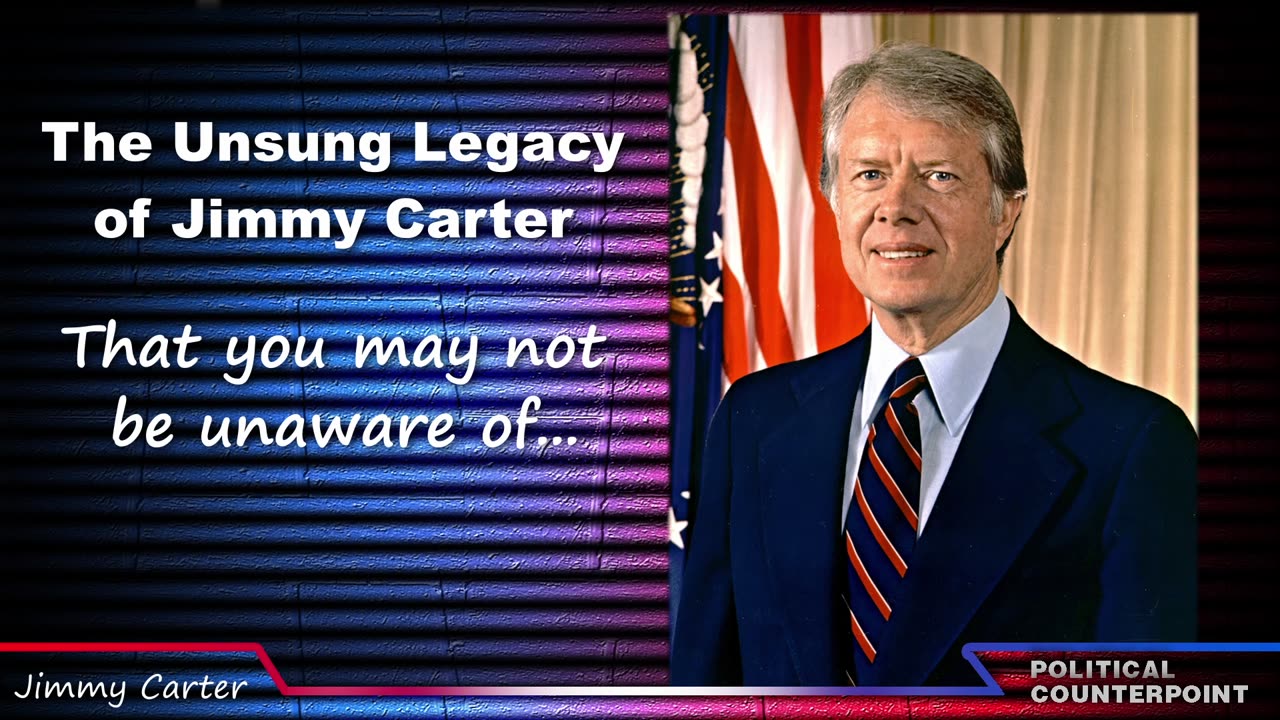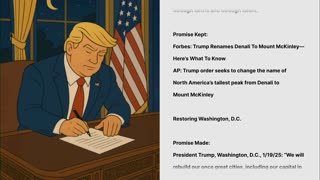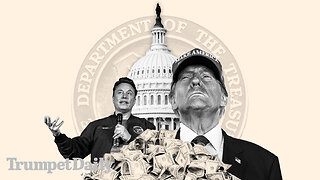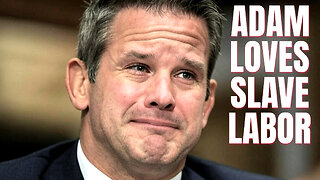Premium Only Content

The Unsung Legacy of Jimmy Carter
Deregulation's Lasting Impact on Transportation"
It's often said that history is written by the victors, but when it comes to the presidency of Jimmy Carter, we might argue that the narrative has been overly critical. Carter is frequently cited as one of the least effective presidents, remembered for economic woes and the Iran hostage crisis. However, this portrayal overlooks one of his significant, enduring contributions to American life and economy: the deregulation of the transportation industry.
Under President Carter's administration, a wave of deregulation swept through key sectors of the economy, but perhaps none had as profound an impact as the deregulation of transportation. In 1978, Carter signed the Airline Deregulation Act, which fundamentally altered the landscape of air travel by removing government control over fares, routes, and market entry. This act, championed by Alfred E. Kahn, Carter's appointee at the Civil Aeronautics Board, unleashed competition in the airline sector. The result? Airfares plummeted, making air travel accessible to the average American for the first time, transforming it from a luxury to a common mode of transportation.
But Carter's deregulatory push didn't stop there. He also signed into law the Motor Carrier Act of 1980 and the Staggers Rail Act of 1980, which deregulated trucking and rail respectively. These laws eliminated many of the restrictive regulations that had stifled competition and innovation in these industries. The trucking industry saw an influx of new carriers, leading to more efficient service and significantly reduced shipping costs. Similarly, the rail industry was revitalized, becoming more competitive and efficient, which in turn lowered the logistical costs of moving goods across the nation.
The impact of these policies on transportation costs cannot be overstated. Since deregulation, average domestic airfares have decreased by about 60% in real terms, the cost of shipping goods by truck and rail has been slashed, and the overall logistical cost as a percentage of GDP has dropped dramatically. These changes have not only made travel more affordable but have also contributed to the economic boom of the following decades by reducing the cost of business operations and consumer goods.
So, while President Carter's single term was fraught with challenges, his legacy in deregulating the transportation industry stands as a testament to his foresight and commitment to economic efficiency. This legacy continues to benefit us today, reminding us that even in the shadow of criticism, there can be enduring contributions that shape our daily lives for the better.
-
 LIVE
LIVE
FreshandFit
2 hours agoFresh&Fit Rumble Subathon
649 watching -
 LIVE
LIVE
Sarah Westall
1 hour agoTDS Worldwide, Trump Playing Economic Chicken, Global Power Shifts w/ Andy Schectman
59 watching -
 LIVE
LIVE
Solar Dolphin
57 minutes agoDolphin Plays: Heroes Hour
33 watching -
 54:03
54:03
BonginoReport
4 hours agoGender Bender Tesla Terrorist RELEASED (Ep. 40) - Nightly Scroll with Hayley 05/02/2025
59.8K35 -
 1:17:17
1:17:17
Kim Iversen
4 hours agoChina BLAMES USA For Covid Leak | Are Ports Really EMPTY Since Trump's Tariffs?
60.4K72 -
 LIVE
LIVE
The White House
3 hours agoLo-Fi MAGA Video to Relax/Study To 🇺🇸
941 watching -
 LIVE
LIVE
2 MIKES LIVE
3 hours ago2 MIKES LIVE #212 Open Mike Friday!
155 watching -
 LIVE
LIVE
Mally_Mouse
2 hours agoLet's Play!!
129 watching -
 DVR
DVR
LFA TV
8 hours agoD.C. Is Addicted to Debt | TRUMPET DAILY 5.2.25 7PM
3.91K1 -
 1:23:06
1:23:06
vivafrei
4 hours agoAdam Kinzinger Says Quiet Part Out Loud! Mineral Deal with Ukraine? Cash for Racism & MORE!
71K63